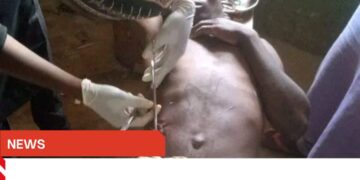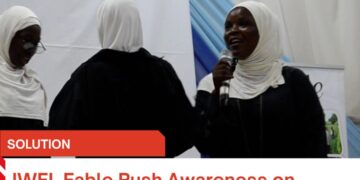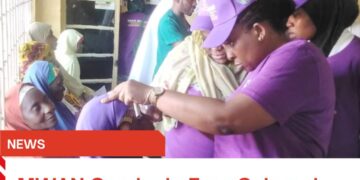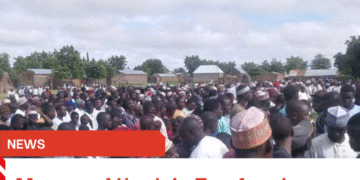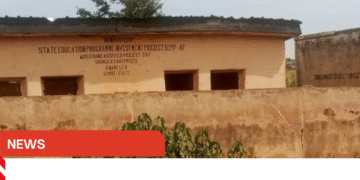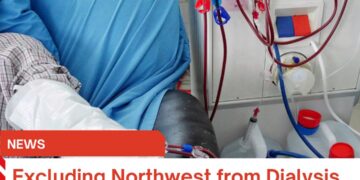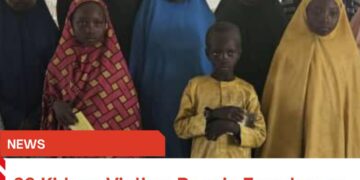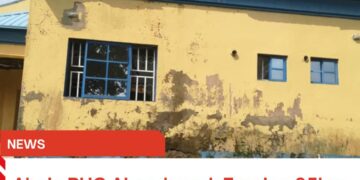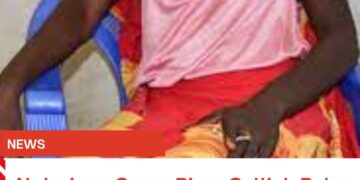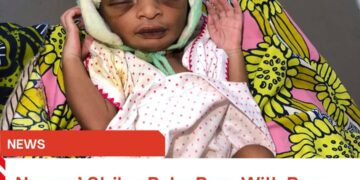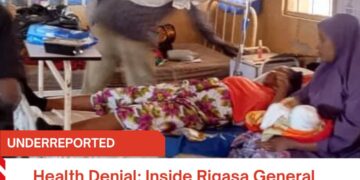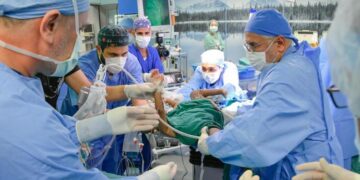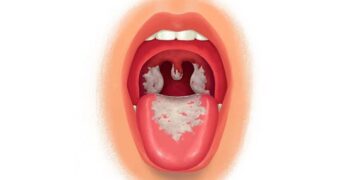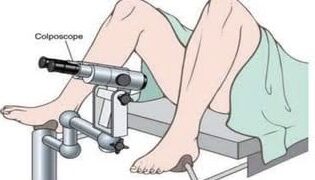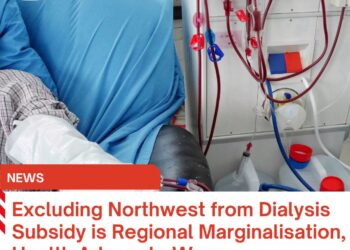For about seven years, the Ijah Pada Community of the Kwali Area Council, Abuja, has suffered from a lack of medical attention, a situation that may cause thousands to suffer from life-threatening illnesses and other health emergencies.
For the community where about 6,000 Nigerians lived, the only primary healthcare center serving them had been in a sorry state and abandoned; the citizens travelled far distances, at least 25 km, to access health facilities in Kwali town or Gwagwalada in emergency or normal situations.
The citizens bear the cost, sometimes losing loved ones for a curable health challenge on roads to hospitals, despite the recent claim by the Nigerian Minister of Health and Social Welfare, Prof. Muhammad Ali Pate, which states that Bola Ahmed Tinubu’s administration has disbursed about N20 billion for the funding of 4,362 primary health care centers across the 19 northern states and the federal capital territory, Abuja.
In a publication by Tracka, a transparency organisation which exposes the deplorable conditions of the primary health care in Kwali, revealed that residents die on the road, most times while trying to access health facilities in far locations.
However, another resident also explains children and women are more vulnerable, and the lack of health facilities in the community affects their livelihood.
In its call to action, Tracka charged the authorities responsible – the Federal Ministry of Health Nigeria, the National Primary Health Care Development Agency, the FCT Minister, Nyesom Ezenwo Wike, and the Senate and House of Representatives representing the Kwali Area Council – to act by ensuring the citizens are not disenfranchised from accessing quality healthcare service, which is a fundamental right.
LIKE & FOLLOW US ON FACEBOOK, X, INSTAGRAM, LINKEDIN & YOUTUBE


